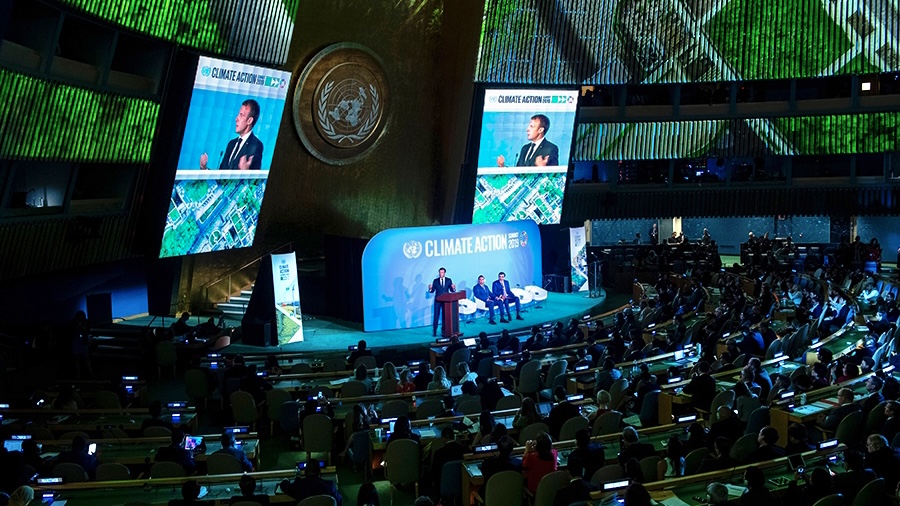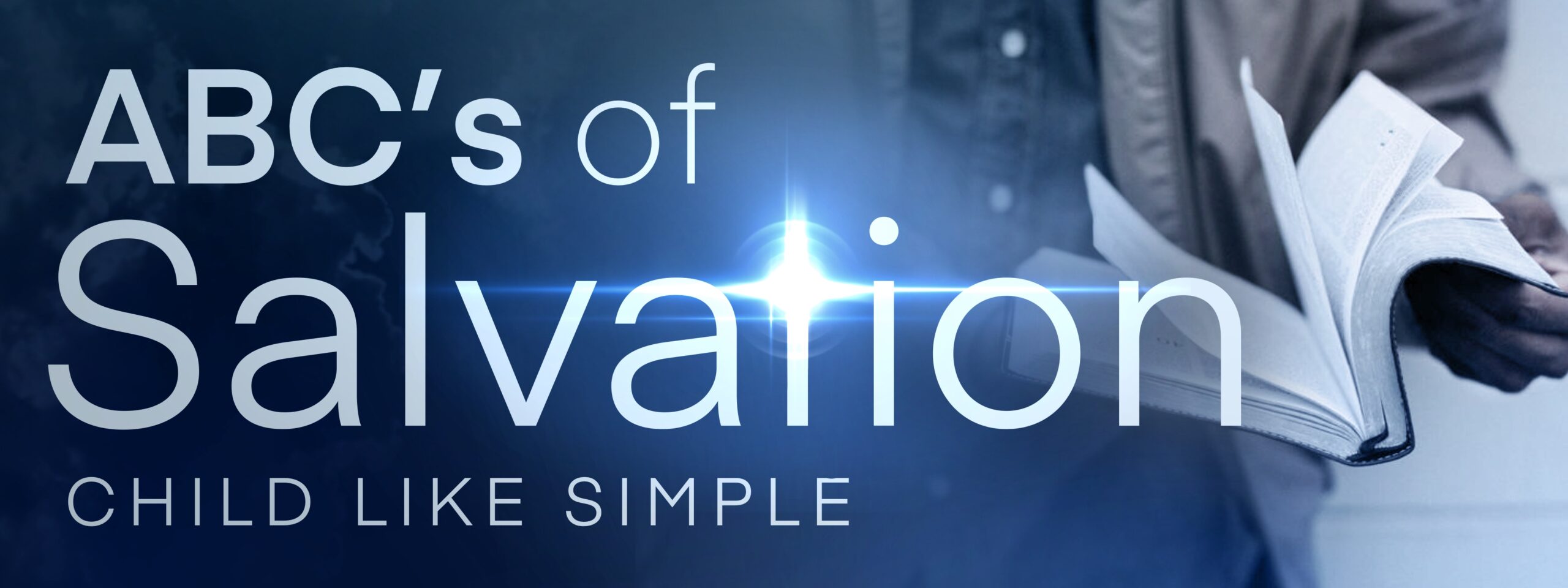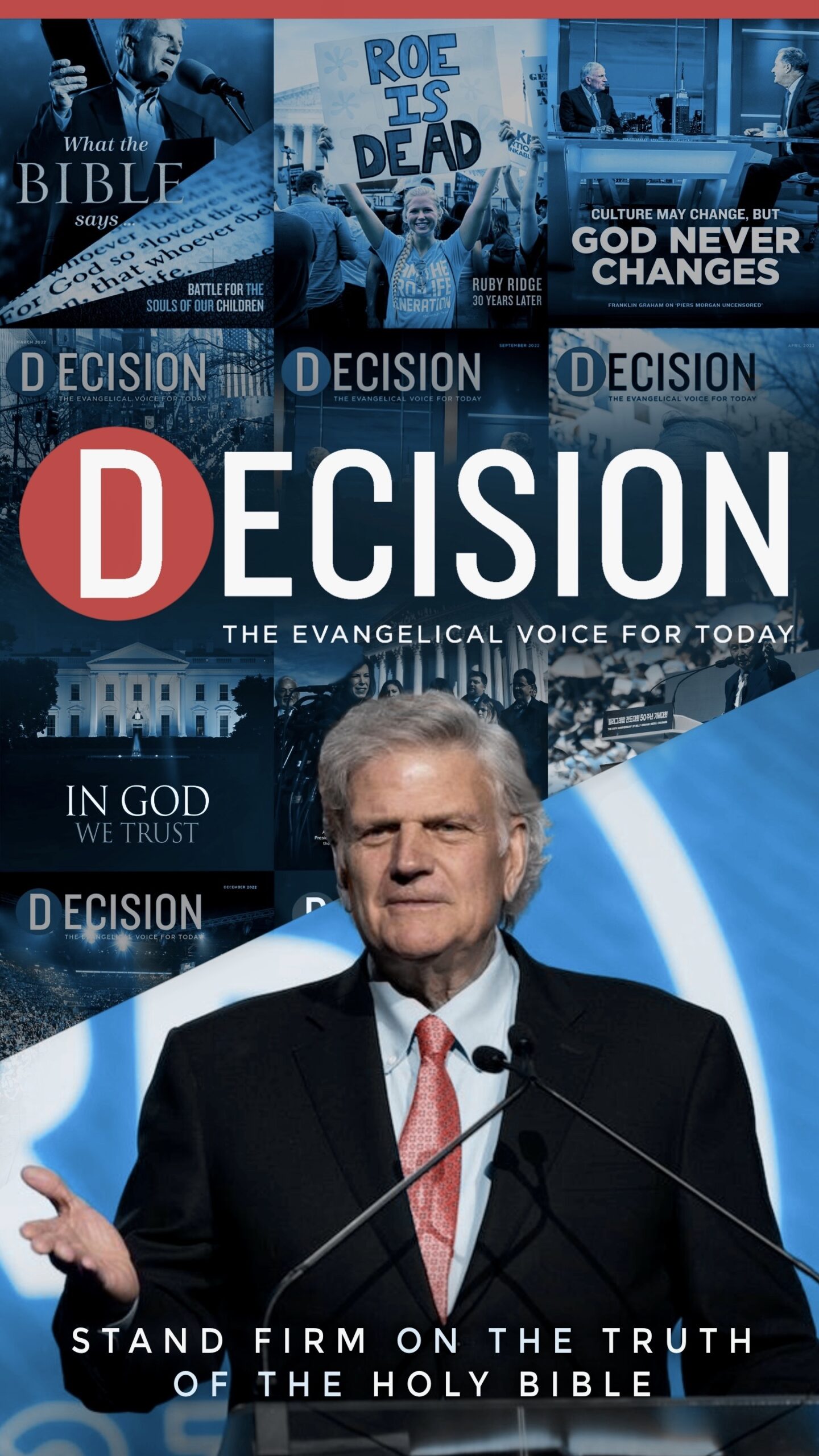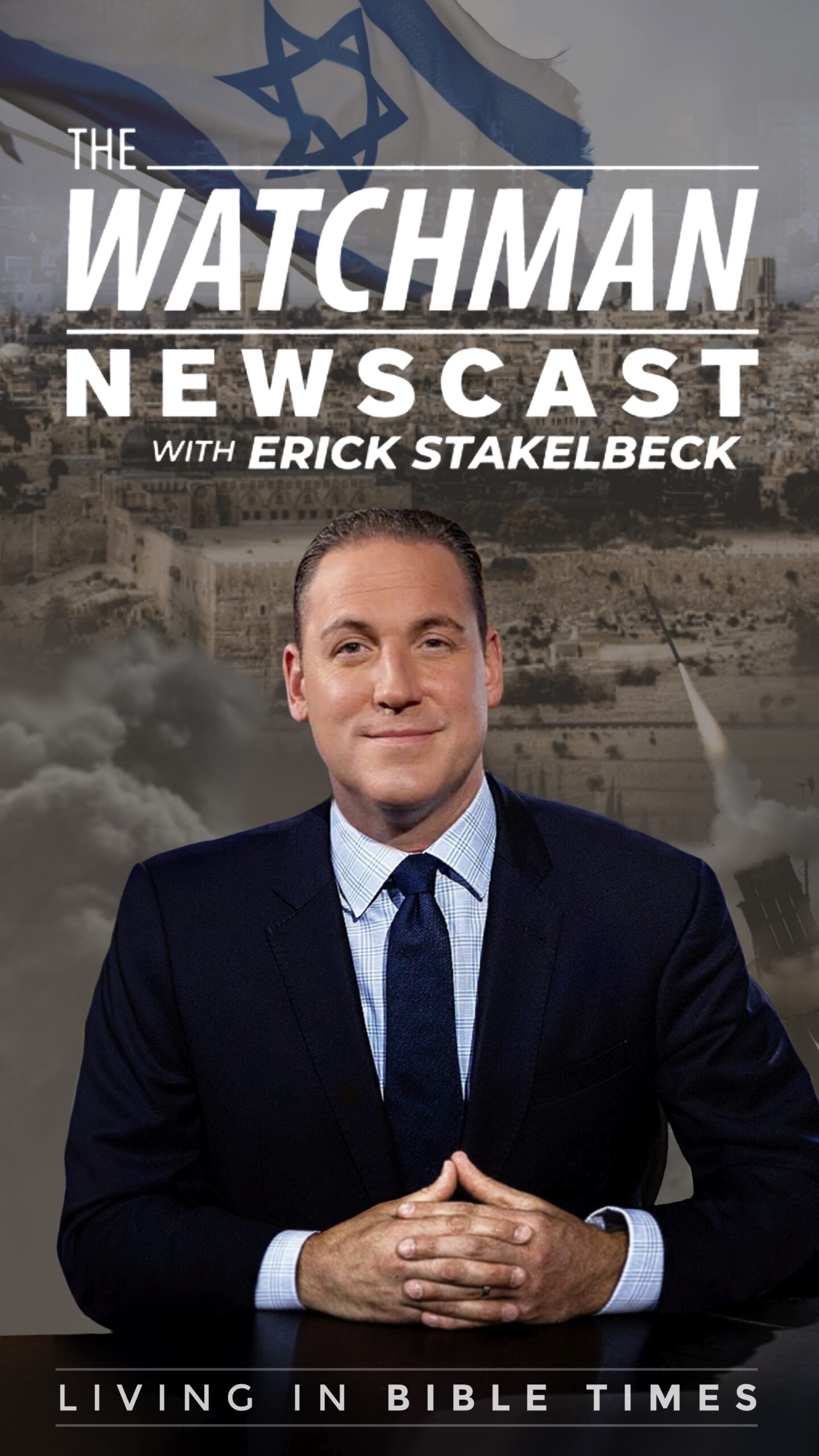
As we collectively hurtle into the era of climate change, international relations as we’ve known them for almost four centuries will change beyond recognition. This shift is probably inevitable, but it will also cause new conflicts. Since the Peace of Westphalia in 1648, diplomats — in peacetime and war alike — have, for the most part, subscribed to the principle of national sovereignty. The Charter of the United Nations says foreign countries have no right “to intervene in matters which are essentially within the domestic jurisdiction of any state.”
The concept was born, along with the entire system of modern states, in the physical and psychological rubble of the Thirty Years War. Starting in 1618, European powers intervened in one another’s territories at will. Round after round of war left about one in three dead. It was in that continental graveyard that statesmen stipulated it was best if every state henceforth minded its own business.
Nobody at the Peace of Westphalia was deluded enough to think this realist notion would end war. After all, by acknowledging sovereignty, the system accepted that countries pursue their national interests, which tend to clash. But at least the new consensus offered the chance of preventing additional indiscriminate bloodletting. Even then, the principle of sovereignty was never absolute or uncontroversial. For a long time, the best idealist counterargument was humanitarian — countries have not just the right but the duty to intervene in other states if, say, those are committing atrocities such as genocide.
Now, however, there’s an even more powerful push against sovereignty, put forth by thinkers such as Stewart Patrick at the Council on Foreign Relations. It’s that in a world where all countries collectively face the emergency of global warming, sovereignty is simply no longer a tenable concept.
An early demonstration of this shift in international relations was the dust-up in 2019 between Brazilian President Jair Bolsonaro and French President Emmanuel Macron. Bolsonaro was allowing fires to burn wide swathes of the Amazon rainforest. Speaking for many, Macron accused Bolsonaro of abetting “ecocide.” Sounds like the new genocide, doesn’t it? Bolsonaro shot back that Macron was a neocolonialist, a European power again trying to force his ideas on another sovereign nation.
The underlying issue is sovereignty: Is a rainforest located in Brazil the business of Brazil or of the world? Would, in a hypothetical future scenario, an alliance led by France be within its rights to declare war on Brazil to prevent ecocide? This opens a new line of thinking about world affairs. Policymakers are already steeped in analyses of the new types of conflict that global warming will cause within and between countries. Those include wars over access to freshwater, the disappearance of arable land or mass migrations.
Will some powers or alliances contemplate military interventions in other states to end what they will define as ecocide? Others may even go to war if they believe rival countries are taking unilateral measures against climate change that threaten their own interests.
This has caused many to claim national sovereignty should be forfeited and the need for an ecological equivalent to what the World Trade Organization is to commerce: A new international body that makes the conundrum explicit and attempts to maintain order. This sounds very much like a global government that can force individual nations to do whatever it deems “best for the globe”.



















